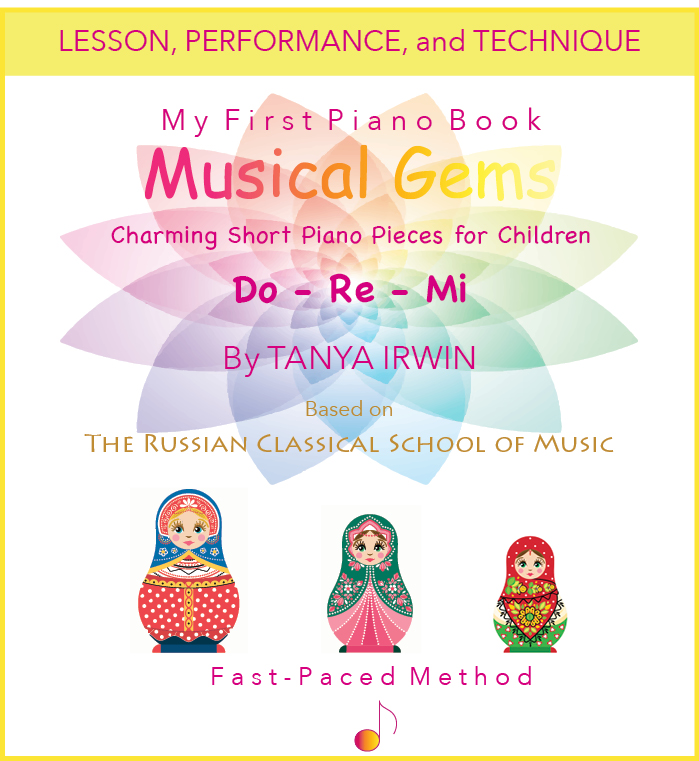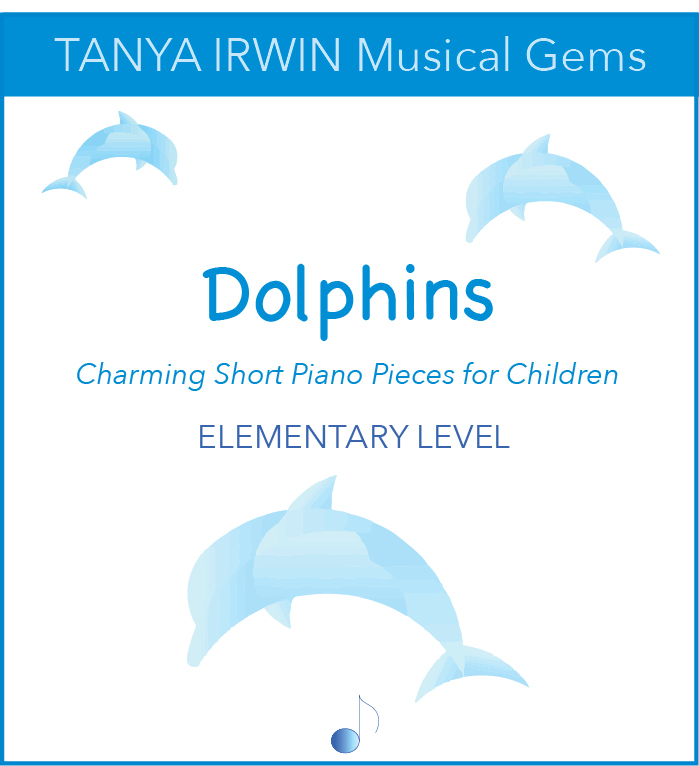Tanya Irwin Piano

"Music gives a soul to the universe, wings to the mind, flight to the imagination, and life to everything." - Plato
.

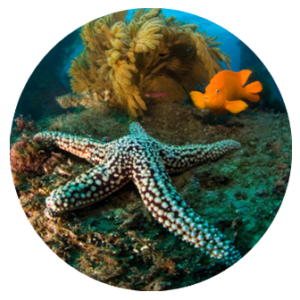
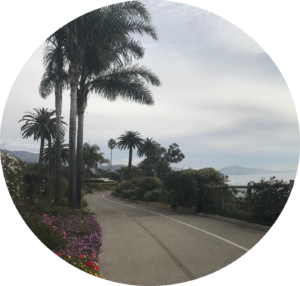
Tanya’s Story
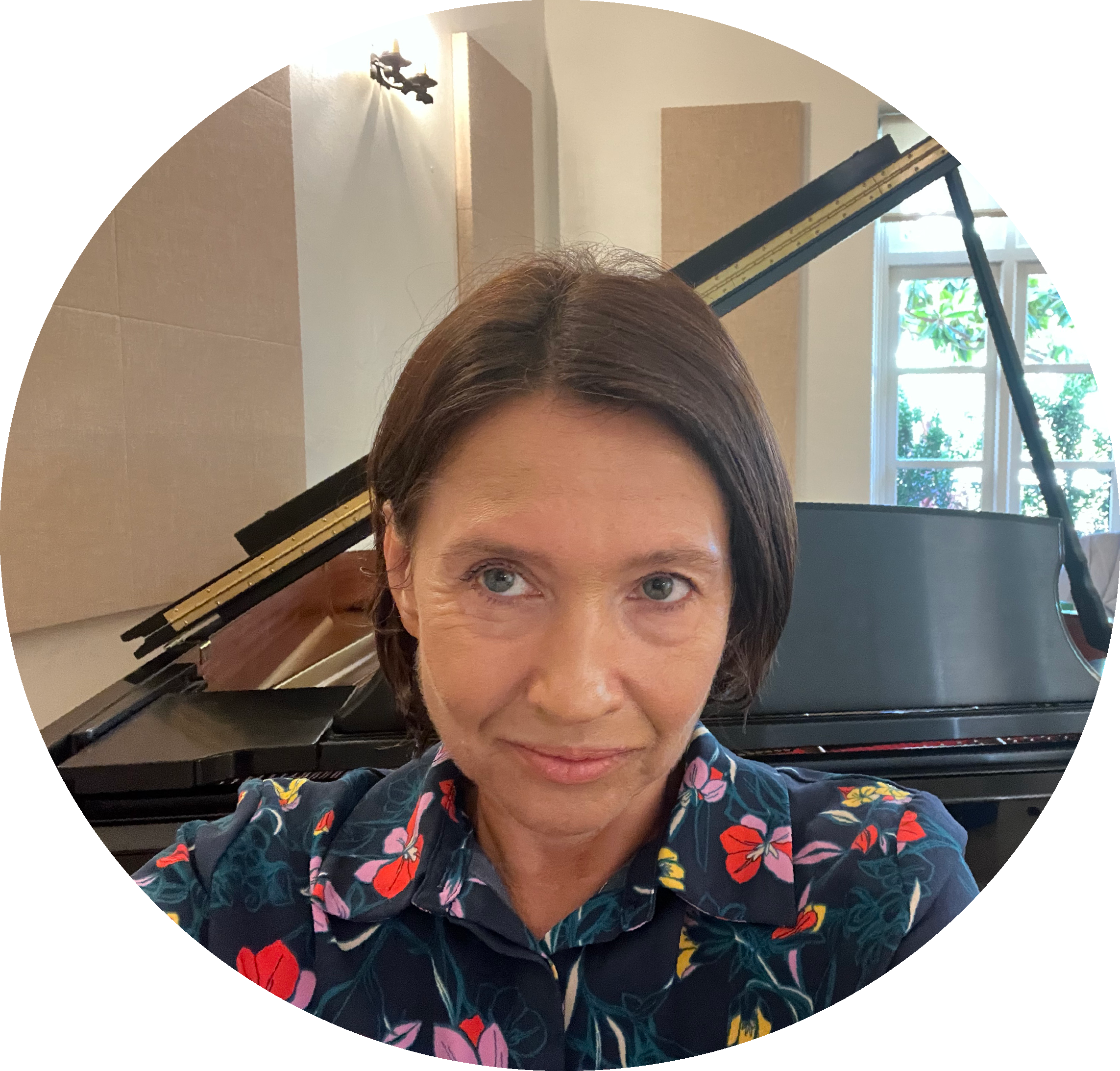
JUST LIKE WE LEARN TO COMPREHEND LITERATURE BY READING IT, WE LEARN TO COMPREHEND MUSIC BY LISTENING TO IT. LISTENING IS THE FIRST STEP IN MUSIC EDUCATION.
Ut (Do) queant laxis, Resonare fibris, Mira gestorum, Famuli tuorum, Solve pollu ti, LabiI reatum, Sancte (Si) Johannes. Do let our voices Resonate most purely Miracles telling Far greater than many; So let our tongues be Lavish in your praises, Saint (Si) John the Baptist.
I was born and raised in Russia, in the city of Ekaterinburg, a capital of the Urals. The city was named after St. Ekaterina. It’s a famous historical city, home to the tsar family.
I grew up surrounded by the rich cultural and musical inheritance of Russia. I remember how much people loved music and how much they loved to sing. Music academies were a common part of the landscape. Parents wanted their children to study music even if the children didn’t choose a musical profession.
Hunger for knowledge was in the air. Reading was children’s favorite activity – and it was always classical literature. Many people, including myself, considered reading as natural as breathing: to read meant to breathe. By the age of 7, I had already read our entire home library of children’s literature and I had to start using our local library: it became my favorite place to spend time after school. By the age of 9, I had discovered a wonderful world of foreign literature: Mark Twain, Charles Dickens, Jules Verne, and many others.
When I was 9 my parents enrolled me in a music academy for children. I attended 4 days a week for a total of 6 or 7 hours altogether. This was my favorite time of all. I couldn’t wait until the regular school day was over so I could go to music school. My most precious childhood memories are those of studying at the music conservatory. I still consider this to be the greatest gift of my life. Learning music remains the most fascinating educational experience I’ve had.
The Russian style of teaching music is always enjoyable and inspiring, whether it is taught to children or adults. It is never boring, but always creative and imaginative.
The musical material, such as music theory, is delivered to students with precise and clear expression of thoughts. The professional approach implies the concept of “wholeness”. This means that if a student studies the violin, they’re required to take a music theory, solfege, music appreciation, choir, as well as the piano, because music theory concepts are taught on the piano. It’s not possible to learn physics and chemistry without knowing math; in the same way, it’s not possible to learn a music instrument without knowing the music theory because it is the foundation of music education.
When I was 13 I followed my heart and the advice of my teachers and chose a musical profession. After graduating from high school, I was accepted into the Tchaikovsky Academy of Music, in my home town of Ekaterinburg. I majored in piano performance, music science, composition, and pedagogy. After graduation, I taught music at the Children’s School of Music.
In 1996, I moved to the United States. I began teaching children in the tradition of the Russian classical school of music, based on the idea of wholeness in education. It includes music literacy, solfege/ear training, music theory (grammar and musical syntax, style and form), elements of a music appreciation, and the Russian piano technique (known as “hands breathing” and “hands singing”) that produces a beautiful tone. In 2007, I became a member of the Music Teachers’ Association in Santa Barbara, a professional association for music teachers.
I have developed an early childhood musical methodology that creates a nurturing musical atmosphere for young children. Ideally, children should be exposed to a musical environment from birth. Listening to classical music helps to build neuropaths and stimulate brain activities. I recommend that children listen to classical music throughout the day as background music or fall asleep to music. Our brain produces alpha waves just before we fall asleep. Listening to classical music during the alpha state maximizes the benefits. However, there is a variety of beautiful non-classical music that raises one’s spirits.
When children learn to enjoy and appreciate classical music, they bring beauty into their lives. I teach art and music appreciation lessons by telling fascinating stories about composers and painters while the children listen to classical music. Listening to music is a vital part of music education. This class fosters a lifelong love of music.
Music affects a child’s intellectual development. However, there are “windows of opportunities” where music is most influential. The younger children are, the easier it is for them to accept, comprehend and love classical masterpieces. I see a parallel between reading comprehension and listening to classical music. Just as it takes many years to develop a high level of reading comprehension, it takes years to comprehend the complexity of classical music and appreciate its beauty.
Great composers and their masterpieces have always been a mystery to me and a source of my inspiration. We owe reverence to these people. I believe their lives and musical compositions should be a part of every educational curriculum. Plato said: “Music is a more potent instrument than any other form of education. Children should be taught music before anything.”
I teach music at a professional level. This means that if students decide later to choose music as a profession, they have the correct foundation. I use a detailed approach to the piano technique. It includes the beauty of tone, articulation, pronunciation, breathing, and phrasing. The main quality of the Russian classical musical education is that learning is always enjoyable; music is always taught from a concept of “wholeness”. I teach my students the same way.
I feel fortunate to be able to comprehend and appreciate the beauty of classical music. I admire famous concert pianists such as Vladimir Horowitz, Sviatoslav Richter, Arthur Rubinstein,
A music piece comes to me as a mental image, a picture with lots of details and colors. A musical composition tells me a story: listening to music is like reading a book.
I am inspired when I listen to classical music, and when I perform it. I love children; I love music; and I’m passionate about teaching music to children.
I know how fortunate I am that my work matches my interests and my heart’s desire and that it brings me great fulfillment. Music is my love, my heart, my soul. I can’t imagine what my life would be like if I hadn’t chosen music as my profession.
Piano Lessons in Santa Barbara
Over 30 Years of Teaching Experience
The Piano Studio is conveniently located in the heart of Santa Barbara
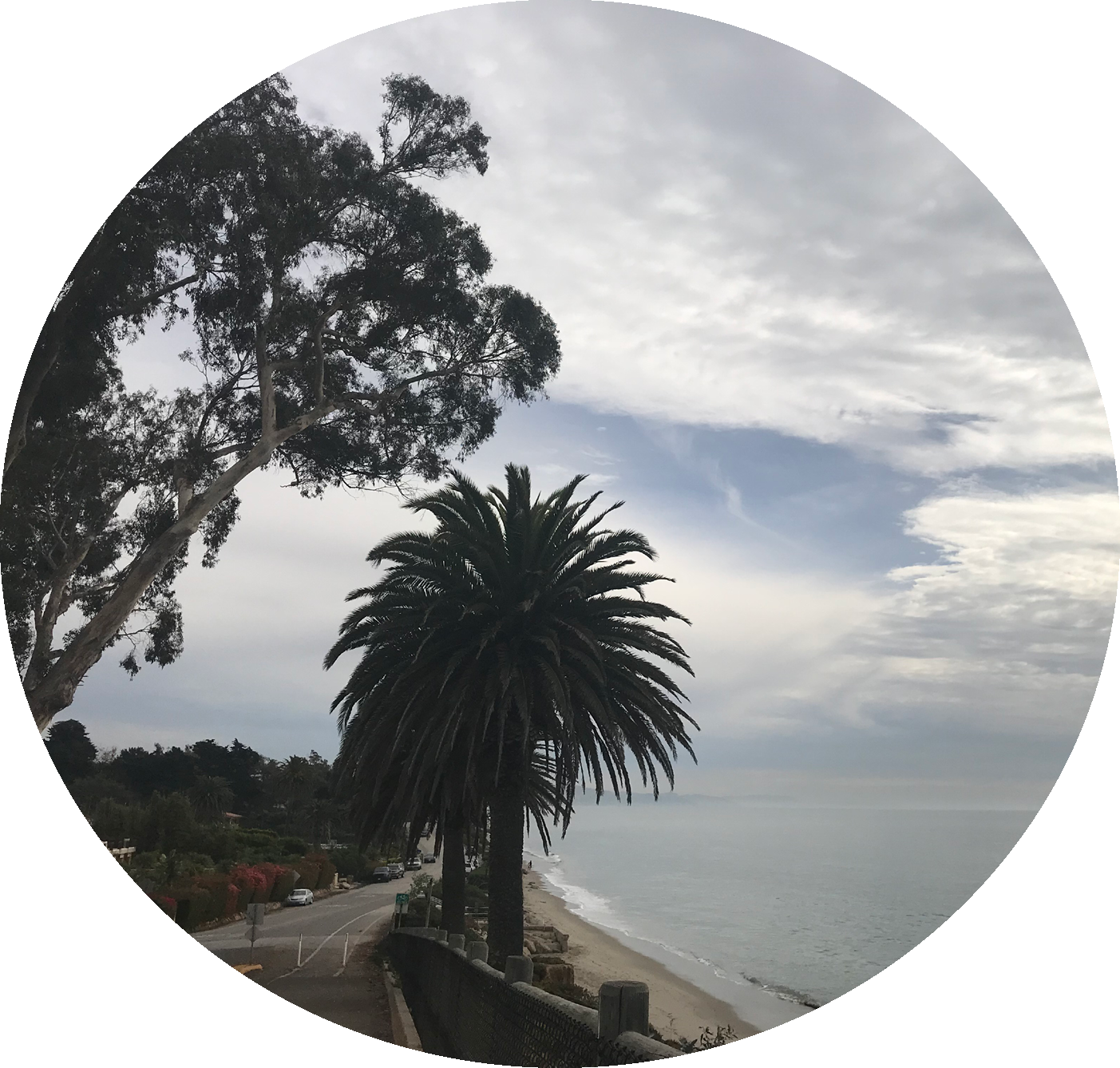
Copyright © 2025 | Tanya Irwin Piano Studio | Santa Barbara, California
